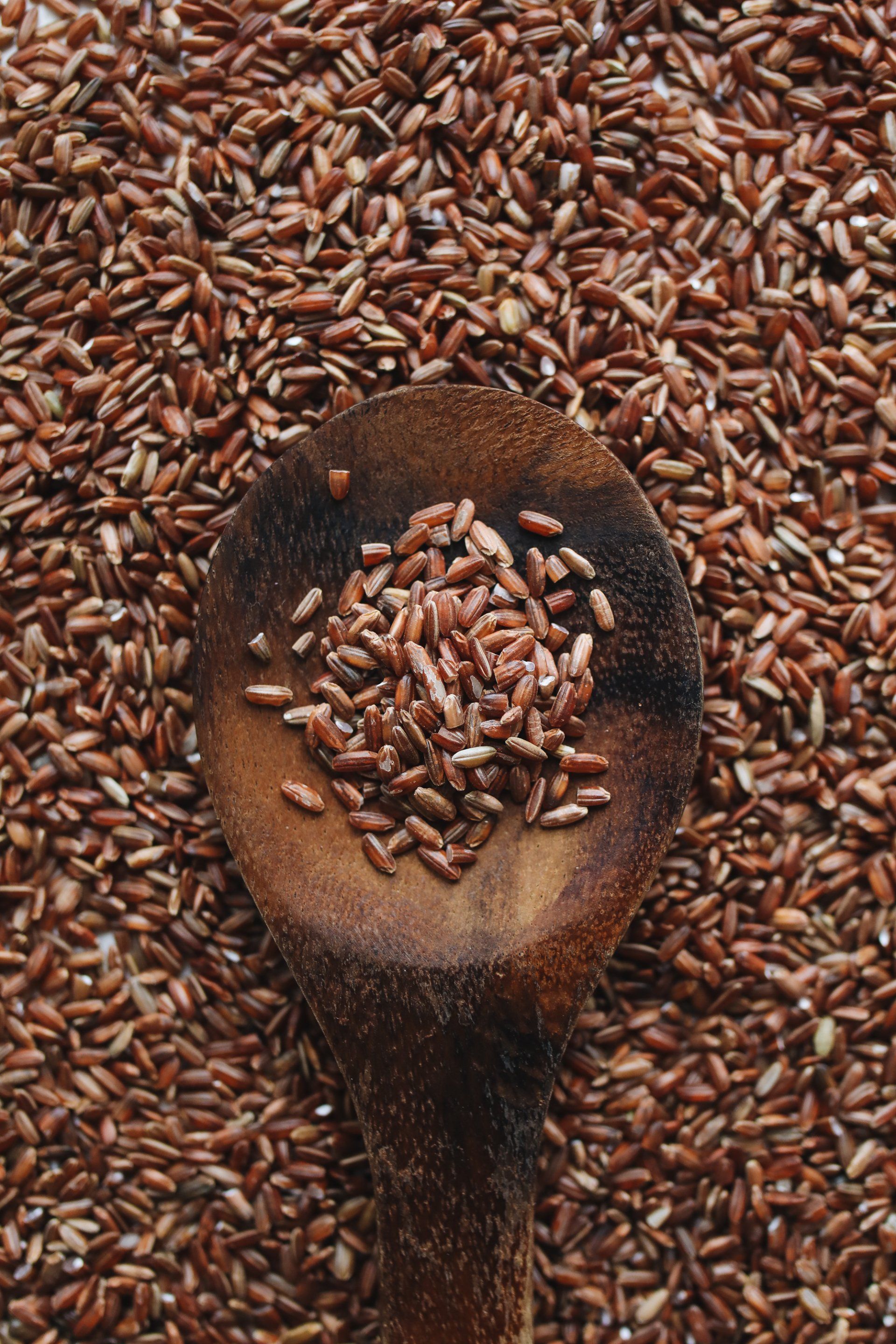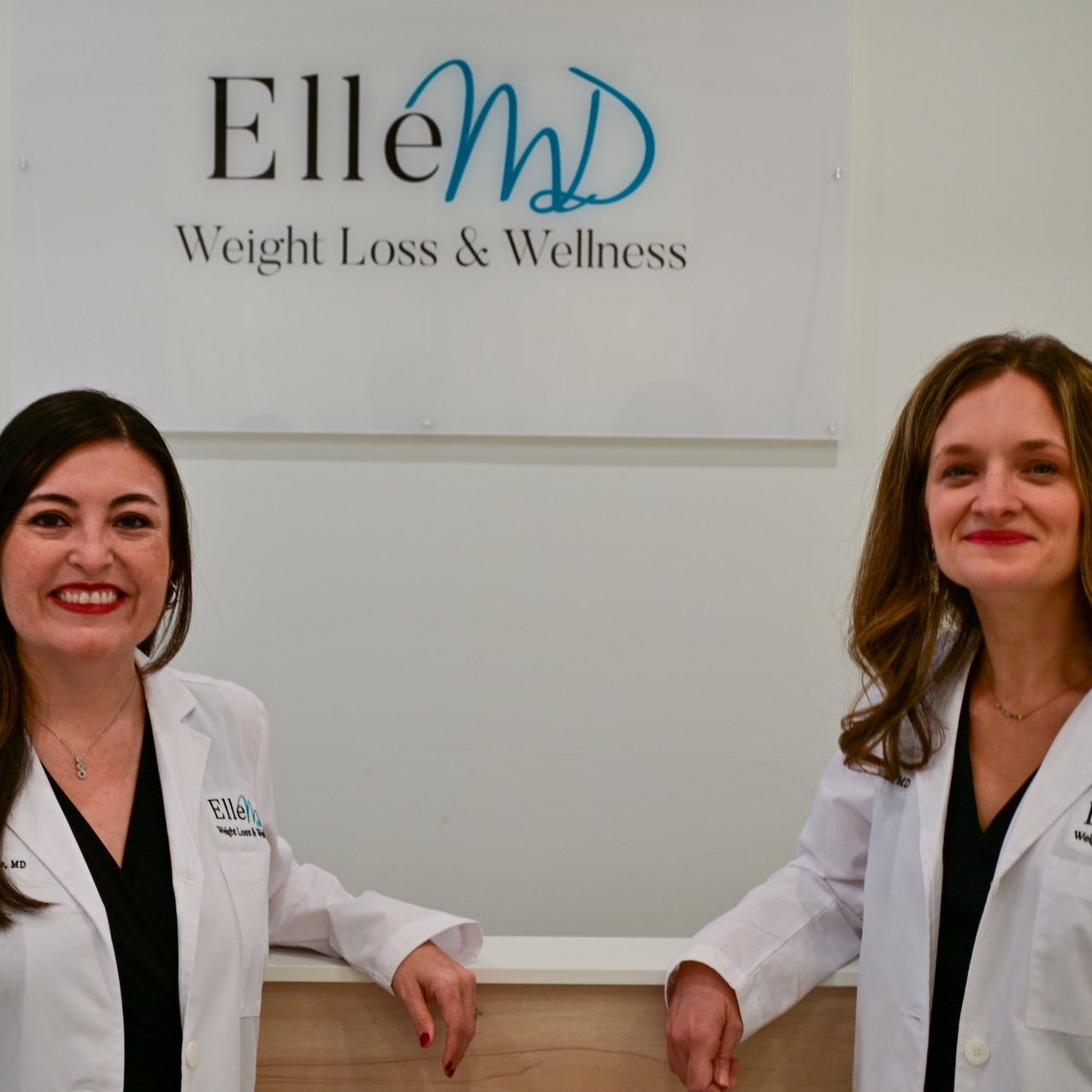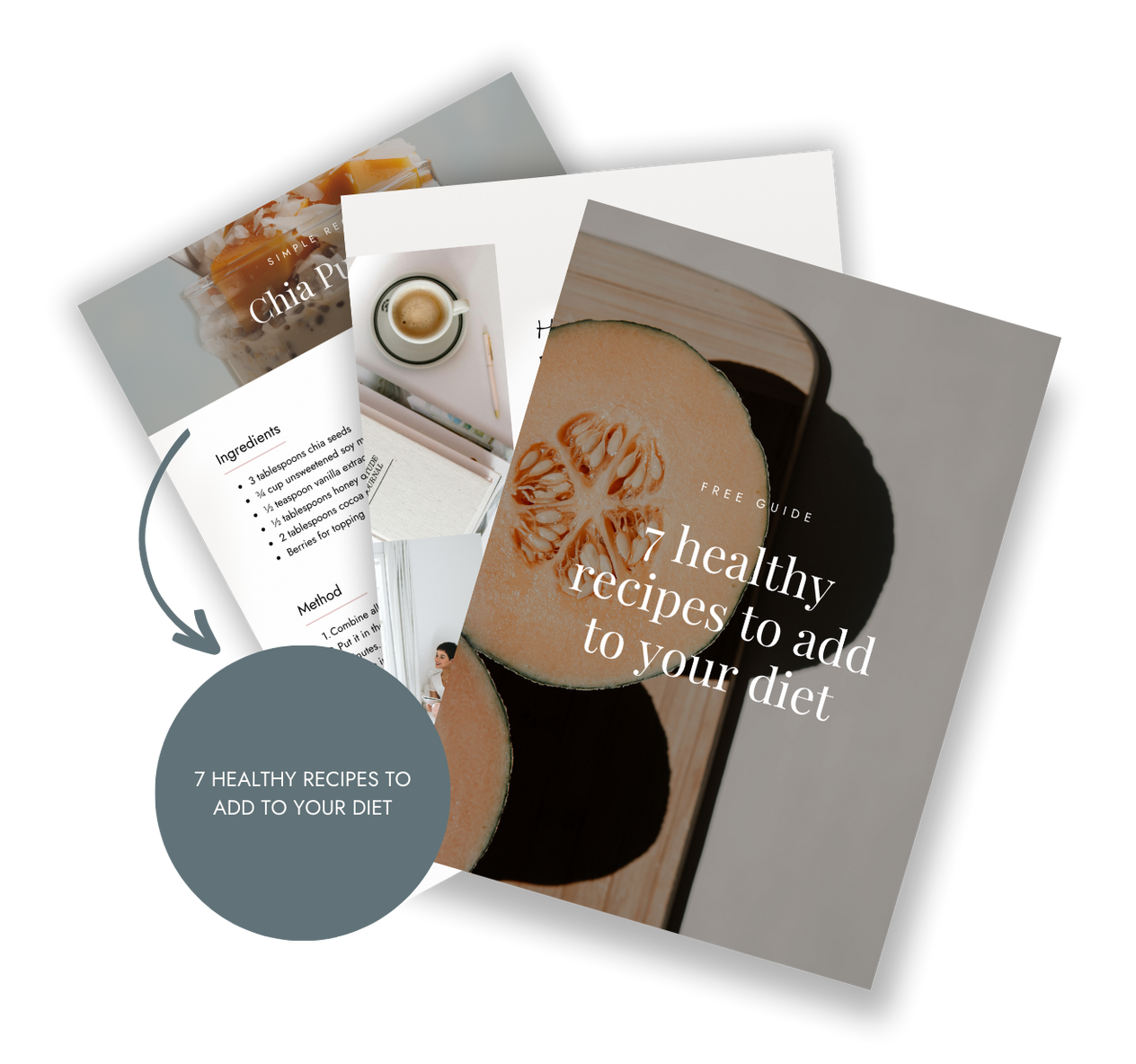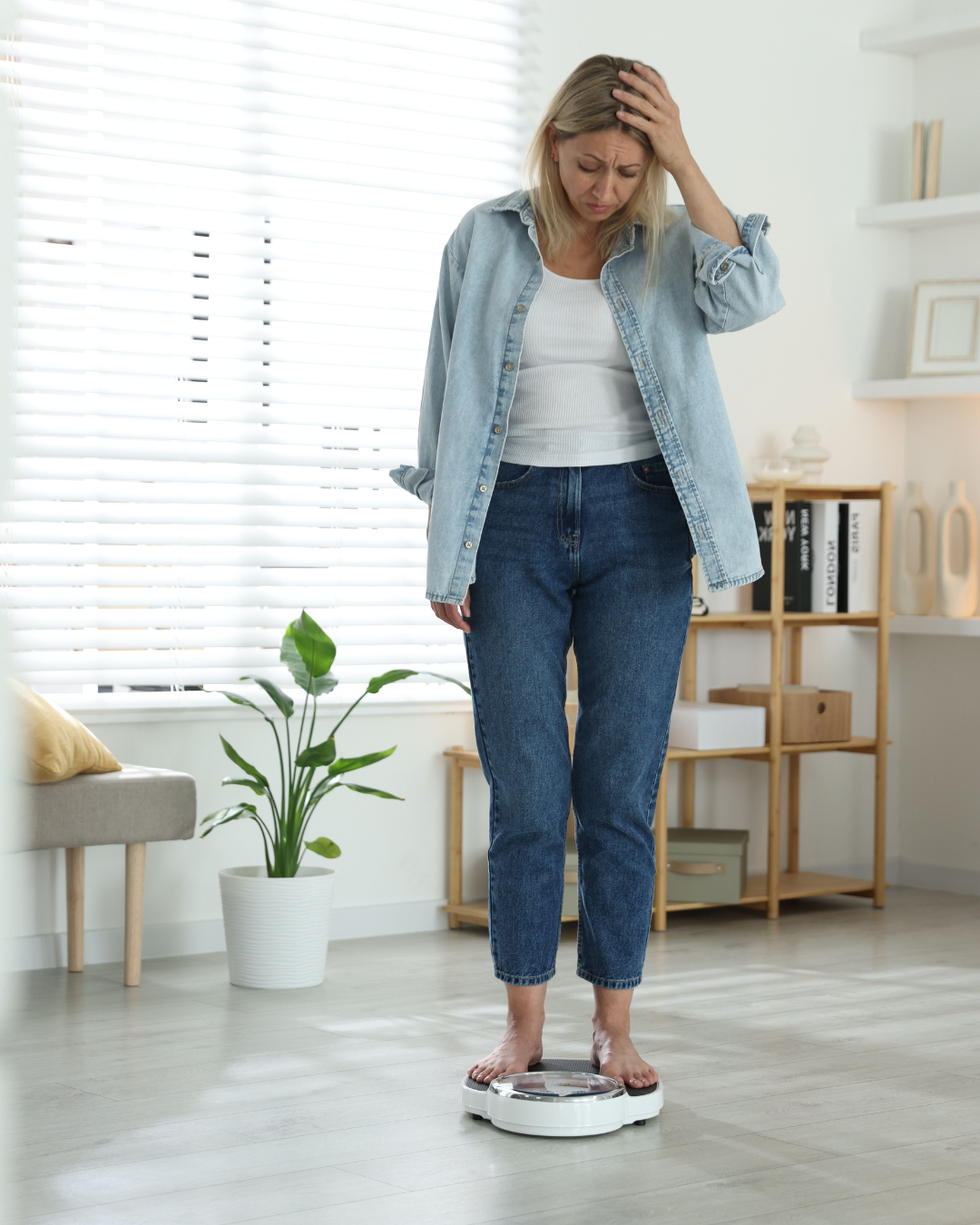By Dr. Erin Hendriks
•
December 13, 2025
The fasting mimicking diet has gained momentum for its potential to improve metabolic health, support healthy aging, and even influence cellular regeneration. While human studies are still relatively small and short-term, the data so far is compelling. Here’s what the research says—and what it doesn’t—about this periodic 5-day, low-calorie, plant-forward diet. Metabolic & Cardiovascular Benefits One of the most well-studied areas of the fasting mimicking diet (FMD) is metabolic health. In a randomized trial of 100 healthy adults, three monthly cycles of a 5-day FMD led to: Decreased body weight Lower trunk and total body fat Reduced blood pressure Reduced IGF-1 (a hormone associated with aging and cancer risk) Participants at higher baseline risk saw even stronger improvements. A follow-up analysis of 71 participants found additional benefits: Lower BMI Reduced fasting glucose Decreased triglycerides Lower total and LDL cholesterol Reduced C-reactive protein (a marker of inflammation) Higher blood levels of trimethylamine N-oxide (TMAO) have been linked to increased cardiometabolic disease risk. A study in healthy volunteers found that the fasting mimicking diet cut TMAO levels by about 50%, reduced IGF-1, and improved insulin sensitivity. Bottom line: Even in generally healthy adults, periodic FMD cycles appear to improve several markers of metabolic and cardiovascular health. Effects in Type 2 Diabetes Some of the most promising findings come from people with type 2 diabetes. A recent 12-month randomized controlled trial in primary care found that monthly 5-day FMD cycles: Reduced the need for glucose-lowering medications Improved HbA1c Enhanced glycemic control in over half of the participants—compared to only 8% in the control group This is early but encouraging: the fasting mimicking diet may support better glycemic control while reducing medication burden—when used under medical supervision. Autophagy & Cellular Health Another exciting area of FMD research involves cellular cleanup and repair. A pilot randomized trial found that FMD increased autophagic flux—your body’s ability to recycle damaged cellular components. Participants also showed: Lower fasting glucose Higher ketone levels Reduced HOMA-IR (a calculated score used to estimate insulin resistance) Both low- and high-protein versions of FMD triggered autophagy at a molecular level, though the low-protein version led to higher ketone production. This suggests FMD may help activate longevity-linked pathways involved in cellular renewal. Longevity & Cognitive Effects Long-term animal studies point toward broader systemic benefits. In mice, repeated FMD cycles: Extended lifespan Reduced cancer incidence Promoted hippocampal neurogenesis (hello, brain health) Improved cognitive performance Enhanced stem cell regeneration across multiple organ systems A 2024 study in aging mice showed that FMD also improved gut health, boosted beneficial species like Lactobacillus johnsonii, reduced anxiety behaviors, and supported cognitive function. While animal data doesn’t automatically translate to humans, it provides a strong scientific rationale for ongoing human trials. Body Composition & Metabolic Preservation Compared to traditional calorie restriction, FMD has some advantages: Better preservation of lean mass Less reduction in basal metabolic rate Similar weight loss results without slowing metabolism A high-protein version of FMD has also been explored, showing selective reductions in visceral fat, improvements in heart rate variability, and increased microbiome diversity. Takeaway The fasting mimicking diet is one of the most intriguing and well-researched nutrition interventions in the longevity space. Early data support benefits in metabolic health, cardiovascular markers, type 2 diabetes, cellular repair, and even cognitive performance. But like all emerging therapies, it requires more rigorous long-term study. If you’re considering FMD, especially if you have chronic medical conditions or take prescription medications, it’s essential to do so under the guidance of a clinician trained in metabolic and nutritional interventions. If you’re considering trying the fasting mimicking diet yourself, you can order the ProLon FMD kit here: ORDER: The Fasting-Mimicking Diet References: Wei M, Brandhorst S, Shelehchi M, Mirzaei H, Cheng CW, Budniak J, Groshen S, Mack WJ, Guen E, Di Biase S, Cohen P, Morgan TE, Dorff T, Hong K, Michalsen A, Laviano A, Longo VD. Fasting-mimicking diet and markers/risk factors for aging, diabetes, cancer, and cardiovascular disease. Sci Transl Med. 2017 Feb 15;9(377):eaai8700. doi: 10.1126/scitranslmed.aai8700. PMID: 28202779; PMCID: PMC6816332. Videja M, Sevostjanovs E, Upmale-Engela S, Liepinsh E, Konrade I, Dambrova M. Fasting-Mimicking Diet Reduces Trimethylamine N-Oxide Levels and Improves Serum Biochemical Parameters in Healthy Volunteers. Nutrients. 2022 Mar 5;14(5):1093. doi: 10.3390/nu14051093. PMID: 35268068; PMCID: PMC8912301. Van den Burg EL, Schoonakker MP, van Peet PG, van den Akker-van Marle EM, Lamb HJ, Longo VD, Numans ME, Pijl H. Integration of a fasting-mimicking diet programme in primary care for type 2 diabetes reduces the need for medication and improves glycaemic control: a 12-month randomised controlled trial. Diabetologia. 2024 Jul;67(7):1245-1259. doi: 10.1007/s00125-024-06137-0. Epub 2024 Mar 28. PMID: 38546821; PMCID: PMC11153305. Espinoza SE, Park S, Connolly G, Qi W, Zhang N, Semwal M, Li Y, Lauzon M, Salmon AB, Hsu W, Wei M, Musi N. Effect of fasting-mimicking diet on markers of autophagy and metabolic health in human subjects. Geroscience. 2025 Dec 11. doi: 10.1007/s11357-025-02035-4. Epub ahead of print. PMID: 41372565. Burns L, Cooper S, Sarmad S, Funke G, Di Mauro A, Gaitanos GC, Tsintzas K. Effects of fasting-mimicking diets with low and high protein content on cardiometabolic health and autophagy: A randomized, parallel group study. Clin Nutr. 2025 Sep;52:299-312. doi: 10.1016/j.clnu.2025.08.004. Epub 2025 Aug 6. PMID: 40816210. Brandhorst S, Choi IY, Wei M, Cheng CW, Sedrakyan S, Navarrete G, Dubeau L, Yap LP, Park R, Vinciguerra M, Di Biase S, Mirzaei H, Mirisola MG, Childress P, Ji L, Groshen S, Penna F, Odetti P, Perin L, Conti PS, Ikeno Y, Kennedy BK, Cohen P, Morgan TE, Dorff TB, Longo VD. A Periodic Diet that Mimics Fasting Promotes Multi-System Regeneration, Enhanced Cognitive Performance, and Healthspan. Cell Metab. 2015 Jul 7;22(1):86-99. doi: 10.1016/j.cmet.2015.05.012. Epub 2015 Jun 18. PMID: 26094889; PMCID: PMC4509734. Wang Q, Xu J, Luo M, Jiang Y, Gu Y, Wang Q, He J, Sun Y, Lin Y, Feng L, Chen S, Hou T. Fasting mimicking diet extends lifespan and improves intestinal and cognitive health. Food Funct. 2024 Apr 22;15(8):4503-4514. doi: 10.1039/d4fo00483c. PMID: 38567489. Sadeghian M, Hosseini SA, Zare Javid A, Ahmadi Angali K, Mashkournia A. Effect of Fasting-Mimicking Diet or Continuous Energy Restriction on Weight Loss, Body Composition, and Appetite-Regulating Hormones Among Metabolically Healthy Women with Obesity: a Randomized Controlled, Parallel Trial. Obes Surg. 2021 May;31(5):2030-2039. doi: 10.1007/s11695-020-05202-y. Epub 2021 Jan 9. PMID: 33420673. Burns L, Cooper S, Sarmad S, Funke G, Di Mauro A, Gaitanos GC, Tsintzas K. Effects of fasting-mimicking diets with low and high protein content on cardiometabolic health and autophagy: A randomized, parallel group study. Clin Nutr. 2025 Sep;52:299-312. doi: 10.1016/j.clnu.2025.08.004. Epub 2025 Aug 6. PMID: 40816210.















